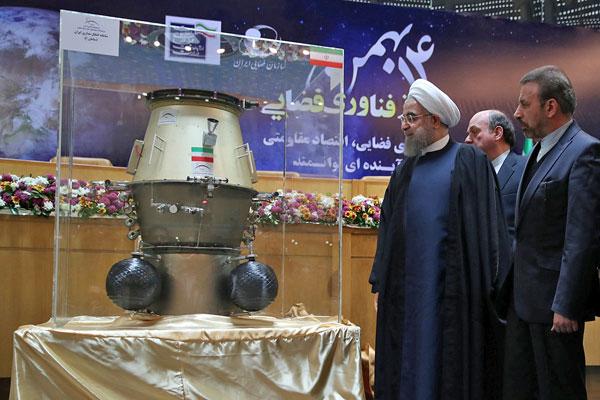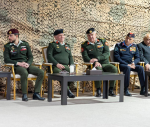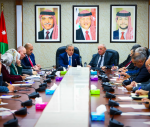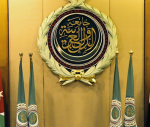You are here
US concerned about Iran missiles, committed to Gulf security
By Reuters - Apr 27,2014 - Last updated at Apr 27,2014
ABU DHABI — A senior US official signalled optimism on Sunday about a possible resolution of the Iranian nuclear dispute but said Washington remained concerned that Iran’s ballistic missiles threatened Gulf Arab states.
Frank Rose, US deputy assistant secretary of state for space and defence policy, said Washington was “acutely” aware of Gulf Arab states’ anxieties about Iran and wanted to help them launch a Gulf-wide coordinated missile defence capability.
“We are optimistic that we’ll have a successful resolution of the Iran nuclear issue ... but that doesn’t downgrade our concern about Iran’s other bad behaviours, specifically their support for terrorism as well as their continued development of ballistic missile capabilities,” Rose told reporters on the sidelines of a conference in Abu Dhabi on missiles and defence.
“As long as Iran continues to develop ballistic missiles that can threaten the United States or deployed forces and our friends and allies in the region, we will work effectively with our partners here in the UAE as well as the rest of the Gulf to defend against that threat.”
Iran has one of the biggest missile programmes in the Middle East, viewing it as an essential precautionary defence against the United States and other adversaries such as Israel.
The United States and its allies fret that such missiles could potentially carry nuclear warheads.
Coordination
The Islamic republic denies accusations that it is seeking a capability to make nuclear weapons. It insists that the missiles are part of its conventional armed forces and rules out including them on the agenda of the nuclear discussions.
Rose said the priority for United States in the region was to develop a coordinated missile defence system for Gulf Arab states, something the six member states of the Gulf Cooperation Council lack.
Missiles are not at the heart of the talks over Iran’s nuclear work, which centre on the production of fissile material usable in atomic bombs, and Rose made no comments as to whether the topic should be part of the discussions.
Washington and Tehran earlier this year set out contrasting positions on whether missiles should be raised at all during talks on a long-term solution to Iran’s nuclear work that are supposed to yield an agreement by late July.
Deputy Foreign Minister Abbas Araqchi, a senior member of Tehran’s negotiating team, was in February quoted by state media as saying Iran’s defence issues were not negotiable and it had no intention of discussing missile capabilities with the powers.
However, a senior US official noted that a UN Security Council resolution adopted in 2010 banned all activity by Iran related to ballistic missiles capable of delivering nuclear weapons, adding: “In some way, this will have to be addressed.”
Retired Major General Khaled Al Bu Ainnain, a former commander of UAE air force and air defence, told the conference Gulf Arab states must improve their anti-missile capabilities.
“Today if there’s a cruise missile passing through Qatar and going to Bahrain and Saudi Arabia, how to share this information with neighbouring countries? There has to be central operating procedures ... We don’t have that,” Bu Ainnain said.
He played down fears of Iran acquiring nuclear weapons.
“Is Iran going to do a nuclear [bomb]? I personally don’t think so. Even if it acquired nuclear [weapons], will it use it? It will never use it,” he said.
Related Articles
GENEVA — A senior Iranian military commander has confirmed that Tehran recently carried out a ballistic missile test, to the anger of the Un
DUBAI — A Revolutionary Guards commander said Iran would use its missiles if its security is under threat, as the elite force defied new US
DUBAI — Iran's defence minister said on Wednesday it had tested a new missile but this did not breach the Islamic republic's nuclear accord


















